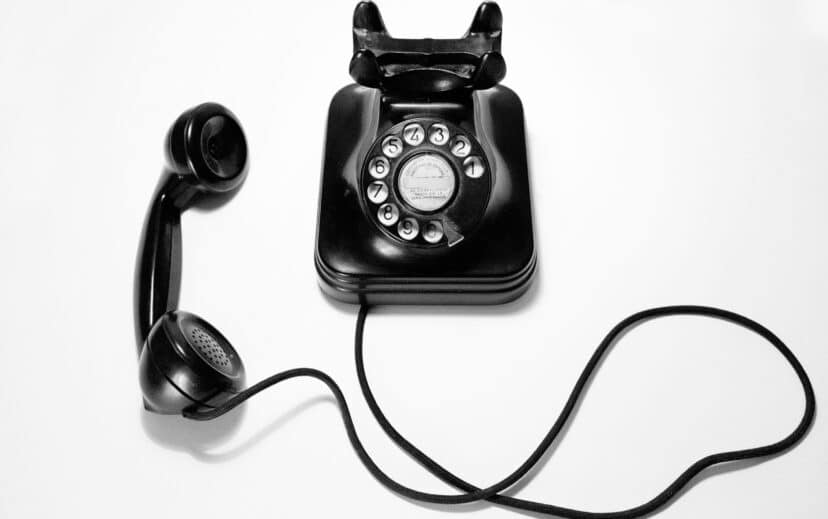

Recording a conversation is easy these days – but the legality around doing so is not a simple matter. Cellphones have recording capabilities and there is a wide array of electronic devices for recording available for purchase. Using these features can raise legal concerns, particularly in Florida which has stricter privacy laws than most states. If you do not understand the rules regarding when you can legally record a conversation in Florida and use that recording as evidence in a lawsuit, you could be subject to significant civil and criminal penalties.
Florida is one of the few states that generally prohibits the recording of private conversations except in limited circumstances. The rationale for this is to protect the privacy rights of individuals. However, there are a few exceptions in which Florida law allows you to record a conversation:
Illegally recording a conversation can result in criminal and civil penalties. Under Florida criminal law, a first offense is a misdemeanor punishable by up to a year in jail and fines of up to $1,000, provided that the recording was not used for an illegal purpose or commercial gain. In all other situations, unlawful recording is considered a third-degree felony, punishable by up to five years in prison and a $5,000 fine. Note that each audio recording and each time it is shared is a separate felony.
Florida civil law allows a victim to file an Invasion of Privacy Tort claim and obtain damages. The perpetrator may be required to pay the victim $100 each day of the violation or $1,000 in total, whichever is higher, as well as punitive damages, attorney’s fees and litigation costs. However, to bring such a claim, the victim must be a Florida resident or the recorded conversation must have taken place in Florida.
If a conversation was illegally recorded, it is generally inadmissible in a Florida court. Courts have refused to admit illegally-made recordings into evidence even when the allegations included serious criminal misconduct. See McDade v. State, 154 So.3d 292, 298 (FL 2014) (recorded conversations confirming incestual sexual abuse of a minor were inadmissible because the perpetrator did not consent to the recording).
On the other hand, if a conversation was legally recorded, it may be admissible in court. However, it must be relevant to the case and otherwise admissible under Florida Rules of Evidence. The recording also must be authenticated, which requires that the party seeking to use the recording demonstrate the following:
The person who operated the recording device or had knowledge of the device’s operation may testify as to the first three items. The speaker’s identity can be established by the testimony of a person who can identify the voice, or by circumstantial evidence or voiceprint.
If you are considering recording a conversation or believe you have been illegally recorded, consult an attorney to understand your legal rights and how that evidence may be used in court. Florida law includes a higher standard of protection of privacy rights than most states, so proceed with caution – and legal advice particular to your situation.
Andres Munoz is admitted to practice law in New York and Florida.